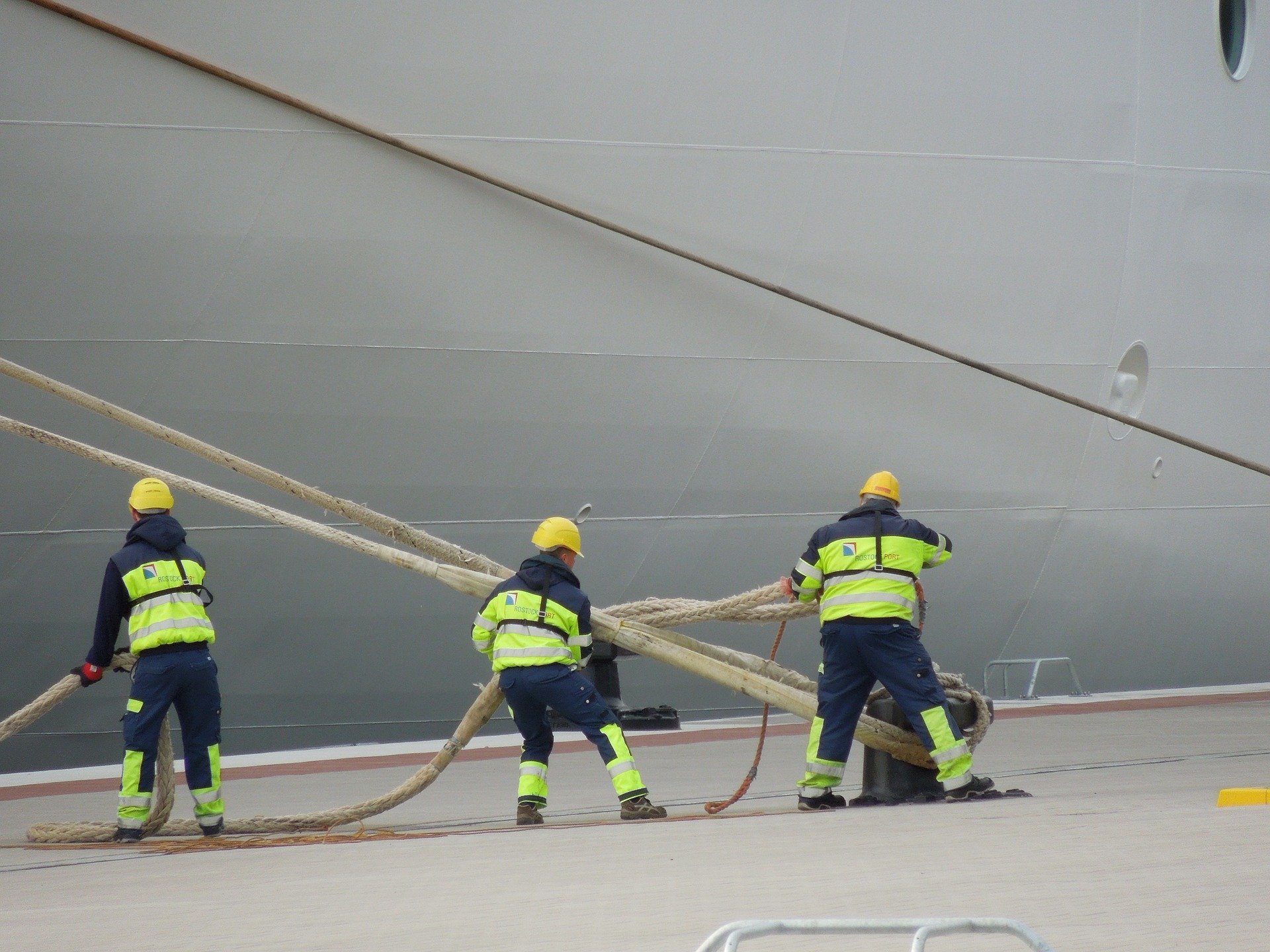Health and Safety
Local regulations on occupational safety and health must be fully complied with. All officers must have understood the importance of working with a dangerous substance and must be trained in this regard.
Accidents are prevented by having the necessary equipment available, subjecting the staff to regular training programs and seminars.
Marine fuels emit flammable and toxic gases. Gases are flammable and explosive in certain concentrations. They can cause dizziness and pain. Some contain very toxic substances such as Hydrogen Sulfide. In case of contact with marine fuels, your skin and skin may be damaged. Smoke generated during use irritates the respiratory tract and skin. These ongoing and recurring situations cause serious health problems.
Gloves should always be worn. In the event of gas and smoke formation, a gas mask and safety glasses should be used. In case of liquid and gas contact, it is recommended to change clothes as quickly as possible. It is dangerous to enter tanks and environments that interact with marine fuels without ventilation and safety. In case of ingestion, intense inhalation, contact with skin and eyes, it is useful to get medical support.
Flame, sparks, all ignition elements and hot surfaces should be kept away from contact. Approaching smoking is inconvenient and dangerous in all conditions.
It is a general umbrella term for classifying problems in the maritime field related to maritime security, national security, maritime security, economic development and human security.
Typical P&I coverage includes: risks of damage givento cargo by a third-party during shipping; war risks; environmental damage risks such as oil spills and pollution.
Care and Treatment
The obligation to “remediate” is that a shipowner gets the seafarer “maximum medical treatment”. The concept of “maximum medical treatment” is broader than the concept of “maximum medical recovery”. The obligation to “improve” a seafarer includes the obligation to provide medicines and medical devices that enhance their ability to function, even if they do not “improve” their actual situation. It may include long-term treatments that keep it working. Common examples include prostheses, wheelchairs, and pain relievers.
The “maintenance” obligation requires the shipowner to cover basic living expenses while a seafarer is recovering. Once a seafarer is able to work, he is expected to protect himself. As a result, a seafarer may lose his right to care while his duty to care remains.
A seafarer who needs to sue a shipowner for maintenance and rehabilitation may also recover his lawyer’s fees. Vaughan v. Atkinson, 369 U.S. 527 (1962). If the breach of a shipowner’s obligation to provide maintenance and improvement is intentional and unreasonable, the shipowner may suffer criminal damages. Atlantic Sounding Co. – Townsend, 557 U.S. 404 (2009) (J. Thomas)




